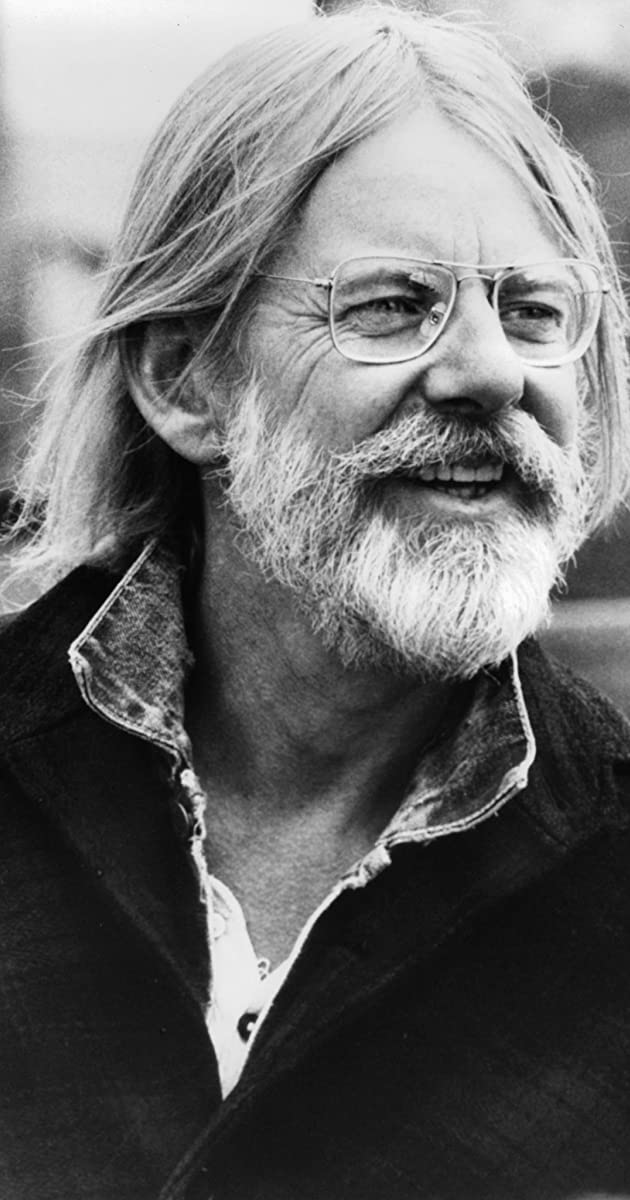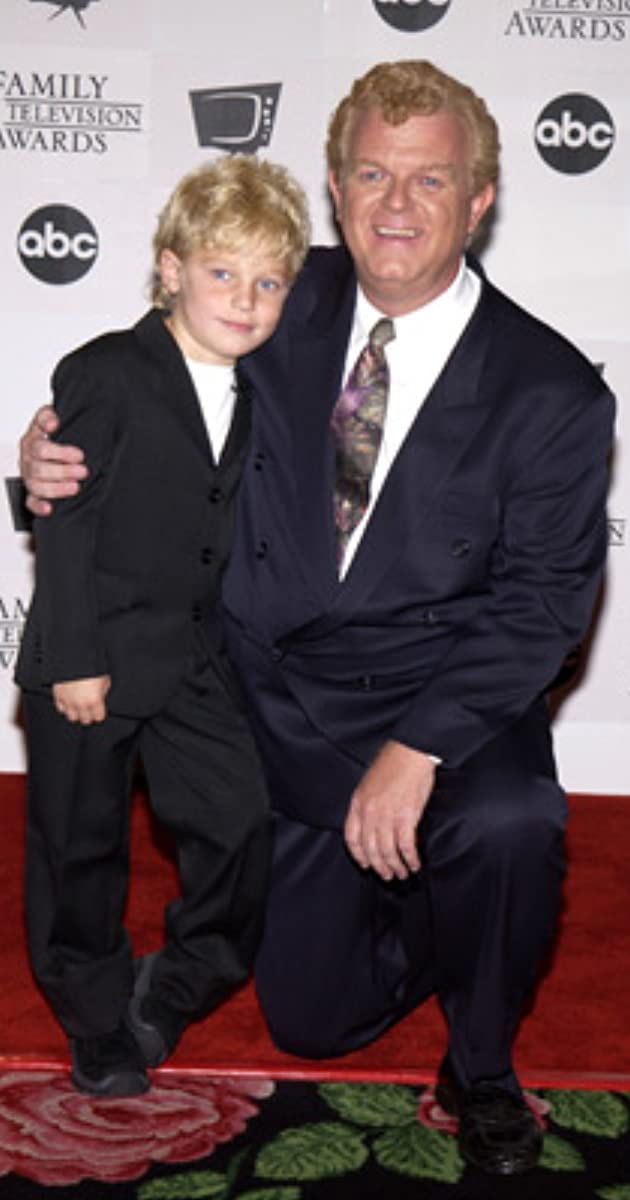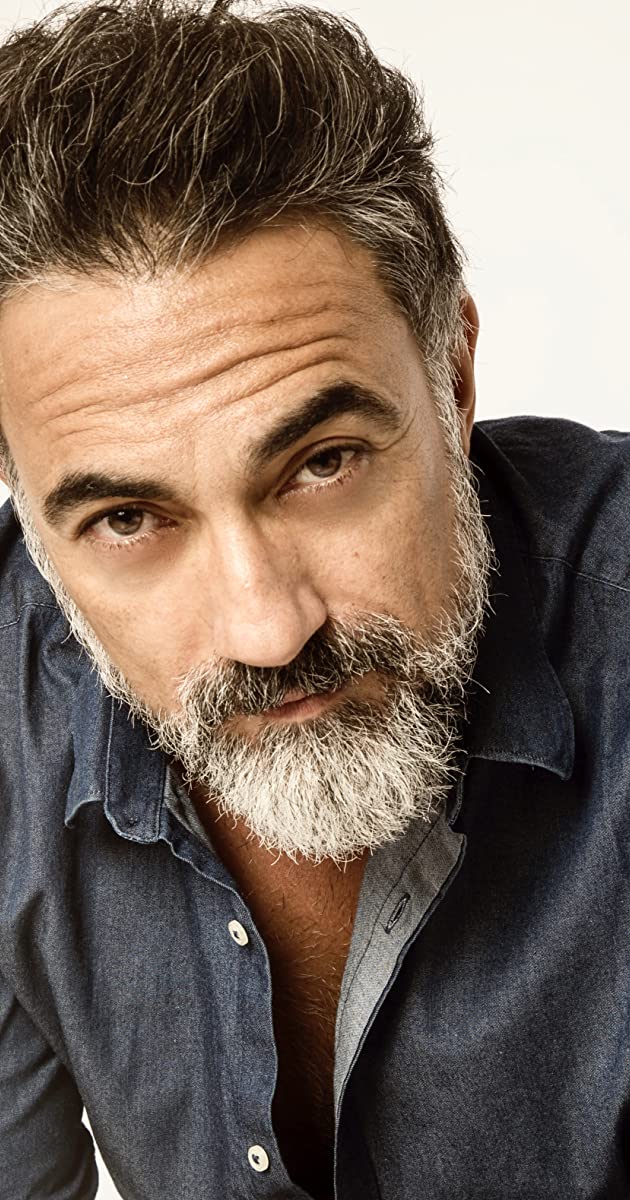
Hal Ashby was born the fourth and youngest child in a Mormon household, in Ogden, Utah, to Eileen Ireta (Hetzler) and James Thomas Ashby, on September 2, 1929. His father was a dairy farmer. After a rough childhood that included the divorce of his parents, his father’s suicide, his dropping out of high school, getting married and divorced all before he was 19, he decided to leave Utah for California. A Californian employment office found him a printing press job at Universal Studios. Within a few years, he was an assistant film editor at various other studios. One of his pals while at MGM was a young messenger named Jack Nicholson. He moved up to being a full fledged editor on The Loved One (1965) and started editing the films of director Norman Jewison.
A highlight of his film editing career was winning an Oscar for the landmark In the Heat of the Night (1967). Itching to become a director, Jewison gave him a script he was too busy to work on called The Landlord (1970). It became Ashby’s first film as a director. From there he delivered a series of well-acted, intelligent human scaled dramas that included The Last Detail (1973), Shampoo (1975), Bound for Glory (1976), Coming Home (1978) and Being There (1979). Great reviews and Oscar nominations became common on Ashby films.
Ashby was always a maverick and a contrary person and success proved difficult for Ashby to handle. He became unreliable due to his dependence on drugs and a reclusive lifestyle. He actually collapsed while making the Rolling Stone concert film Let’s Spend the Night Together (1982) in Arizona. Although he recovered, he was never the same after that. He began taking too much time in post production on his films and actually had a couple of his later projects taken away from him to be edited by others. He tried to straighten himself out, but in the 1980s, he was considered by many to be unemployable. Just when he felt he was turning a corner in his life, he developed cancer that spread to his liver and colon. He died on December 27, 1988. Actor Sean Penn dedicated his first film as a director, The Indian Runner (1991) to Ashby and John Cassavetes, even though Penn was never directed by either one. Because he did not have a set visual style, many mistake this for no style at all. His career is not discussed as often as the careers of some of his contemporaries.


